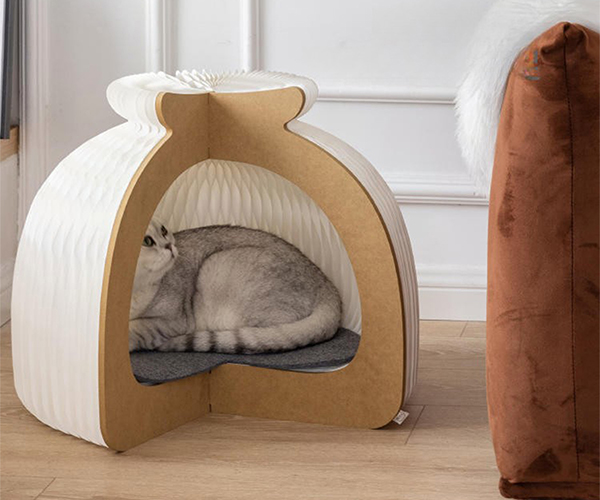As cat owners, we often go the extra mile to ensure the health and safety of our feline friends. A common question that comes up often is whether bed bugs can harm our precious cats. For your peace of mind, let’s take a deep dive into the world of bed bugs and their potential impact on our beloved pets.
Learn about bedbugs:
Bedbugs are tiny, wingless insects that feed primarily on human and animal blood. It’s not known that they transmit disease, but their bites may cause discomfort and allergic reactions in some people. While bed bugs are usually associated with mattress and bedding infestations, they can also be found in furniture, rugs and even clothing.
Immediate effects on cats:
In general, cats are not preferred hosts for bed bugs. These pests are more likely to rely on humans as their primary food source. The reasons behind this lie in differences in body temperature, pheromones, and even fur density between humans and cats. It’s worth noting, however, that cats are not completely immune to bed bugs, and may be somewhat affected.
1. Bite:
If the bedbug infestation is severe and your cat happens to be sleeping on an infested surface, they are at risk of being bitten. Bedbug bites on cats usually appear as small red welts that may cause itching and irritation. However, cats tend to groom themselves rigorously, which can minimize reactions and make them less noticeable. If you notice any unusual behavior or persistent itching in your cat, it is advisable to consult a veterinarian.
2. Allergic reactions:
Just like humans, cats can be allergic to bed bug bites. An allergic reaction can lead to more serious symptoms like excessive scratching, hair loss, rashes, and even trouble breathing. If you suspect your cat has an allergic reaction to a bedbug bite, seek professional veterinary care immediately.
Prevention and treatment:
Preventing a bed bug infestation is essential to protecting your cat’s health. Here are some preventive measures you can take:
1. Vacuum regularly: Vacuuming regularly can help remove potential bed bugs or eggs from carpets, furniture, and other areas where cats have been.
2. Laundering: Washing your cat’s bedding, blankets, and other fabrics in hot water and using a high-temperature dryer is effective in killing any bed bugs present.
3. Check your home: Check your home regularly for signs of bed bugs, such as rusty or dark stains on bedding, peeling skin, or a sweet musty smell. If you suspect an infestation, contact a pest control professional immediately.
While bed bugs are primarily attracted to humans, it’s important to remember that cats are not completely immune to them. By staying vigilant and taking preventive measures against bedbugs, you can minimize the chances of your cat being bitten or having an allergic reaction. If you suspect your cat has been exposed to bedbugs or exhibits any unusual symptoms, it is wise to consult a veterinarian for proper diagnosis and treatment.
Remember that a clean and hygienic environment is key to ensuring your cat’s health and well-being and preventing potential bedbug infestation. Stay informed, proactive and vigilant to keep your beloved feline companion safe from any pests that may arise.
Post time: Sep-06-2023

